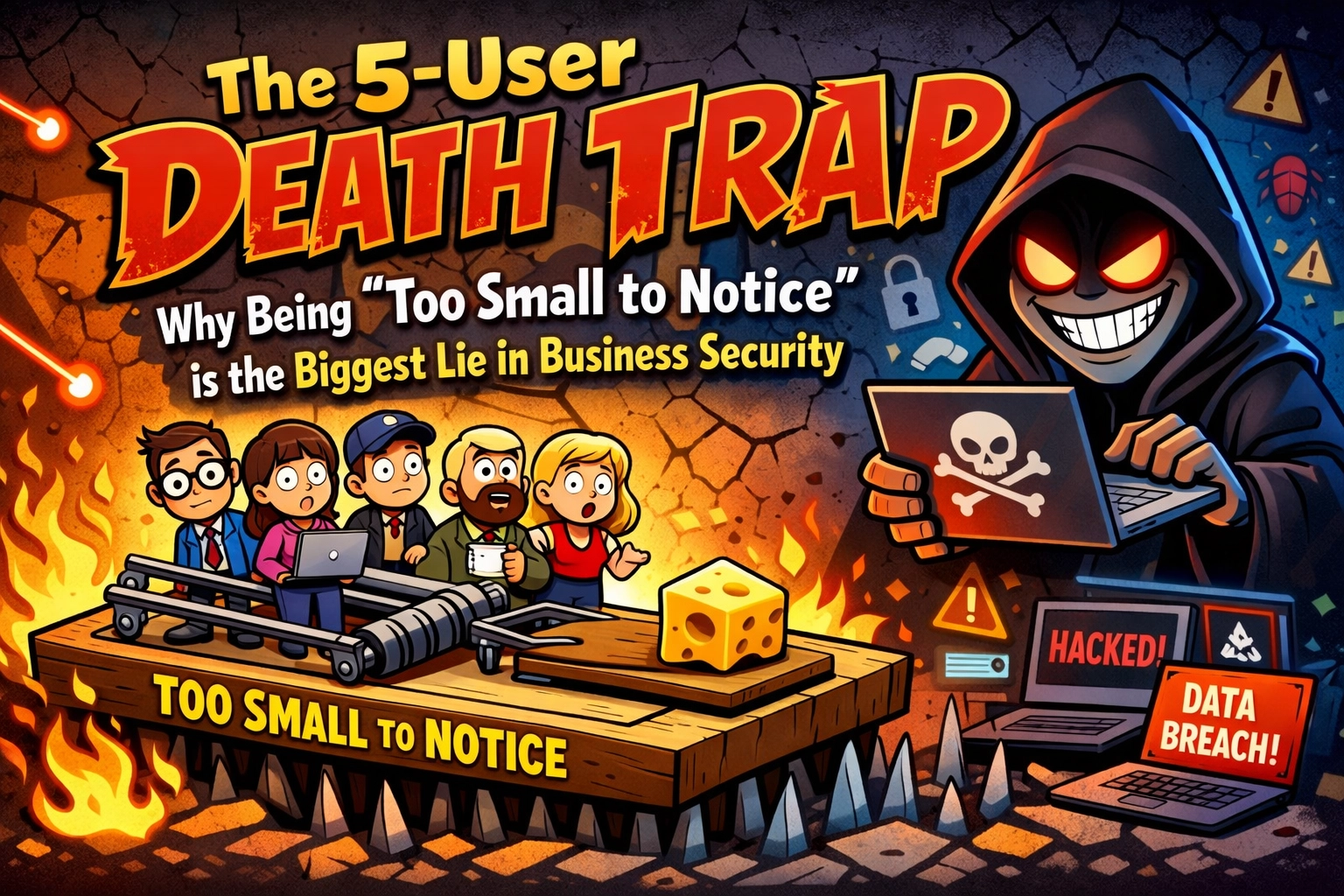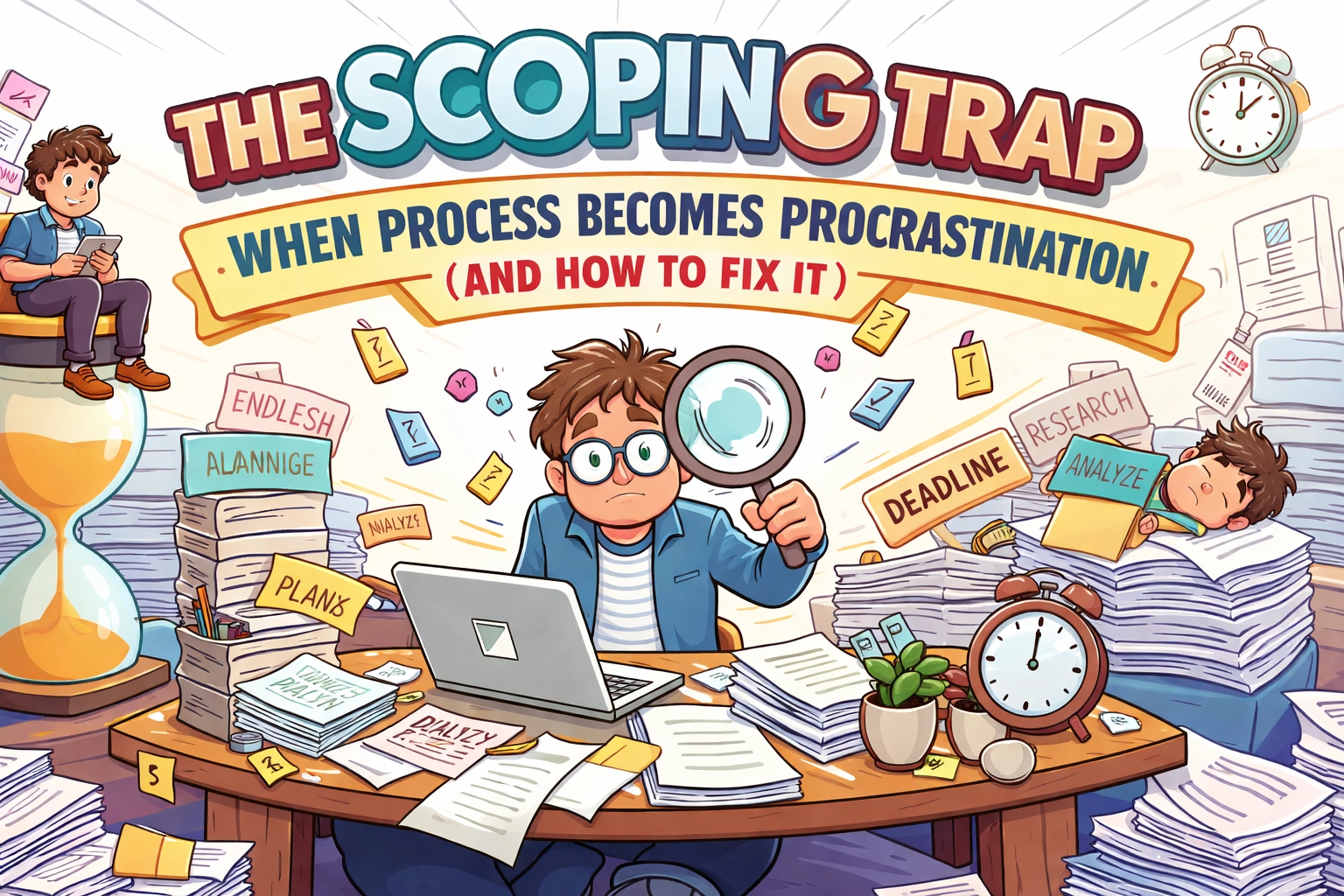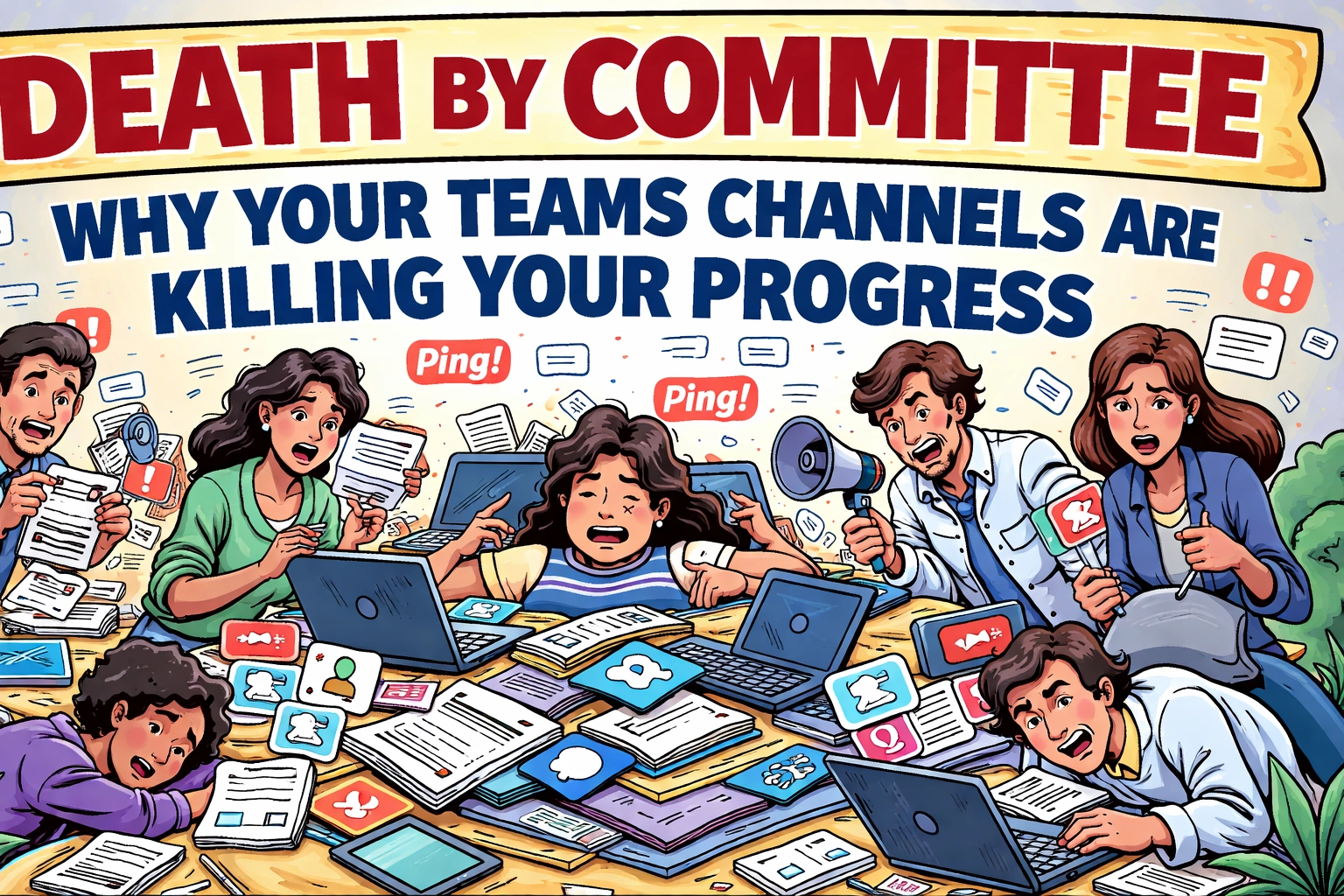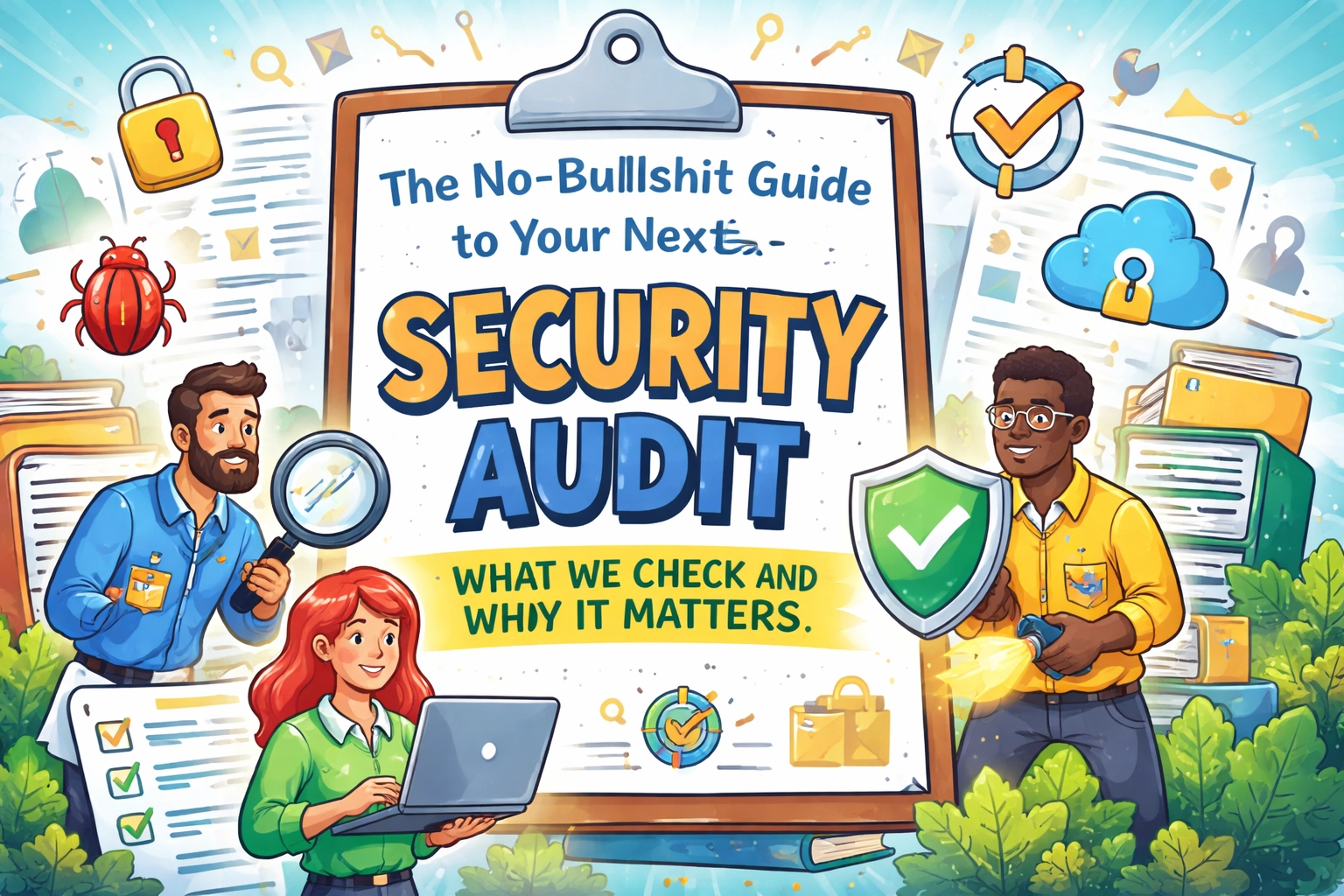If you think massive cyber disasters only happen to the Fortune 500 or A-list celebs, think again. Sports leagues, celebrity agencies, multi-million dollar tech companies—they all keep making headlines for leaks that could have been avoided with even basic security hygiene. If these giants stumble, what about the local shops, solo coaches, or scrappy startups with a few employees and bigger things to juggle? Spoiler: You’re low-hanging fruit for cybercriminals unless you learn from the mistakes splashed across news feeds.
When Even the Pros Blow IT: A Sports Data Breach Hall of Shame
Let’s cut to the chase. Here’s what’s been going down the past year or so:
Fancy Bear vs. The World Anti-Doping Agency (WADA)
In 2024, hacker group “Fancy Bear” hammered the World Anti-Doping Agency, stealing and dumping personal data from 26 high-profile athletes across 10 countries. Field hockey, athletics, tennis—no sport was safe. The leaked info included medical records and confidential details from the Anti-Doping Administration and Management System (ADAMS).
What’s the knock-on effect? Global embarrassment, athletes blindsided and exposed, regulatory headaches, and legal fallout galore. Not exactly a gold medal performance for WADA’s security team.
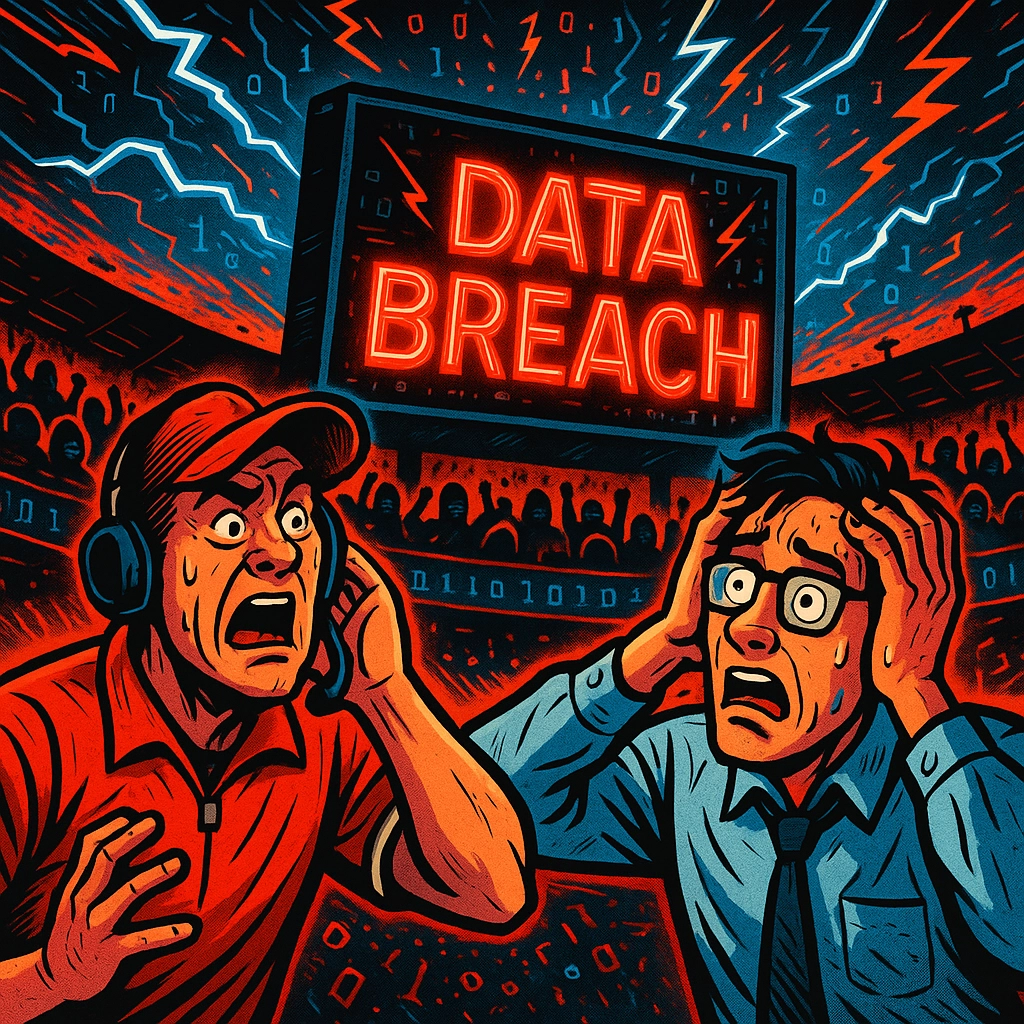
ATP’s Epic Serve—Straight to Cybercriminals
The Association of Tennis Professionals (ATP) joined the breach brigade when confidential therapeutic use exemptions, medical records, and private player health comms were swiped. Beyond the digital bloodbath, sponsors freaked out, legal wolves started circling, and trust tanked. One leak: years of reputation damage, sky-high cleanup costs, and a compliance nightmare.
TrackMan’s 31 Million Record Snafu
TrackMan, a big sports analytics player, exposed over 31 million records and a whopping 110 terabytes of customer data—including customer names, emails, and authentication tokens—because someone left an entire database wide open. Think about that next time you’re tempted to skip a password update.
The crazy thing? Their clientele reads like a cable sports package: the Golf Channel, BBC, CNN World. You’d assume they’d know better.
Mammut Sports Group’s Mammoth Breach
In May 2025, Mammut—a global outdoor company—was the latest casualty, proving it’s not just entertainment or data-centric businesses at risk. Even companies selling parkas and ropes can face a data disaster if they drop their cyber guard.
Why Should Small Businesses Give a Damn?
You might be thinking, “But my gym’s just local,” or “I’m not on Netflix—do these breaches even matter to me?” Absolutely. Here’s why:
- Hackers Don’t Care About Your Size: If big fish are left exposed, so are you. In fact, you’re probably easier pickings. Most small businesses have fewer resources and looser security.
- Reputation is Everything: Lose your client’s trust with one stupid breach, and word spreads faster than a TikTok challenge.
- Legal Pain = Real Pain: Even a small breach can trigger fines, lawsuits, or regulatory horror. Bet you don’t have a legal war chest to throw at a GDPR complaint.
- Every Leak Is a Lesson: The “dumb mistakes” big firms make (like unprotected databases or careless staff) are even more lethal when you’re running lean.
Let’s break it down, action-by-action.
The Cold, Hard Lessons—No-Nonsense Edition
1. Data Protection is NOT Optional
WADA and ATP prove that holding any sensitive customer info—health, payment, birthday—puts you in the crosshairs. There is no such thing as “too small to hack.” Whether you’re a one-person fitness studio, a design shop, or an accountant with a laptop and a hope, protecting that data is your legal and ethical JOB.
What Can Go Wrong?
- Fines and regulatory smackdowns (think: GDPR, CCPA, HIPAA)
- Losing your best clients (and your Google reviews tanking)
- Getting blacklisted by vendors or payment processors
2. Basic Security Hygiene Beats Heroics
TrackMan’s giant “oopsie” was—brace yourself—a wide-open database. No password. No encryption. No wonder hackers had a field day. This isn’t high-tech wizardry: It’s Cybersecurity 101.
If you:
- Never change default passwords,
- Leave your “admin” username on every login,
- Skip database checks,
- Allow every employee full access “just in case”…
…you’re basically inviting hackers for espresso.
Pro Tip: Set up passwords, require multi-factor authentication (MFA), encrypt sensitive data, and run regular checks. Get a handle on who can access what—and disable ex-employee accounts, stat.
3. Speed Kills—If You Move Too Slow
TrackMan finally locked down its database after outsiders pointed out it was leaking data like a sieve. Time lost = more data exposed, more legal headaches. The longer you delay after a breach, the bleaker it gets.
Build an Incident Response Plan: If the worst hits, who’s your go-to for containing the breach? Who notifies customers? Who calls your web host or MSP (managed service provider)? Make it a checklist. Practice it. Save yourself days of chaos and PR disasters.

4. Third-Party Vendors: Your Weakest (or Strongest) Link
TrackMan’s breach had folks wondering: Was it their screw-up or a cloud vendor’s? Doesn’t matter to the customer! As a business owner, you absorb the risk in the end.
Whether it’s payment processors, web hosts, or a third-party CRM, make sure you vet these companies. Ask about their security protocols—don’t just check a box. Even better, work with providers who specialize in cyber hygiene and offer real-time monitoring (like, say, a certain ninja-themed support company you may have heard of…).
5. Compliance Doesn’t Wait
ATP found the hard way: Play fast and loose with health data or personal info, and you’re on the hook for compliance fines, lawsuits, and sleepless nights for years. Laws are tightening—and ignorance won’t save you.
Steps You Should Take:
- Know what’s regulated in YOUR industry (financial? health? lots of rules!)
- Document your policies and prove you’re following them
- When in doubt, get advice from a professional (if you’re solo, check out small business cyber security support services—bonus points if they toss in admin help and web peace of mind)
From Headlines to Your Bottom Line: Steps to Take NOW
Lock Down Your House—Digital Edition
- Change device and database passwords from the default
- Use unique, complex passwords and a password manager
- Enable MFA wherever possible
- Restrict access to customer and payment data only to those who NEED to see it
Run Security Drills & Scans
- Schedule basic vulnerability checks (plenty of affordable tools out there)
- Have an emergency plan: Who does what if you get hacked?
- Run staff phishing drills. Yes, even if you have just one part-timer—user error is the #1 breach cause
Train Your Team—And Yourself
- Regular, simple cybersecurity training helps spot scams before they cost you big
- Teach staff never to share passwords (not even with you!)
- Make sure software, plugins, and apps are always up to date
Choose Partners Who Take Security Seriously
- Work with web hosts, admin support, and managed IT folks who make security a priority—not an afterthought
- Ask for their security certifications or policy docs
- Bonus: Automated backups, user management, and proactive monitoring keep you one step ahead
US Tech Support Solutions, LLC (Your Personal Ninja) walks the walk with tailored cybersecurity services for businesses of all sizes—including proactive monitoring, smart web hosting, and hands-on support. You don’t have to go it alone.
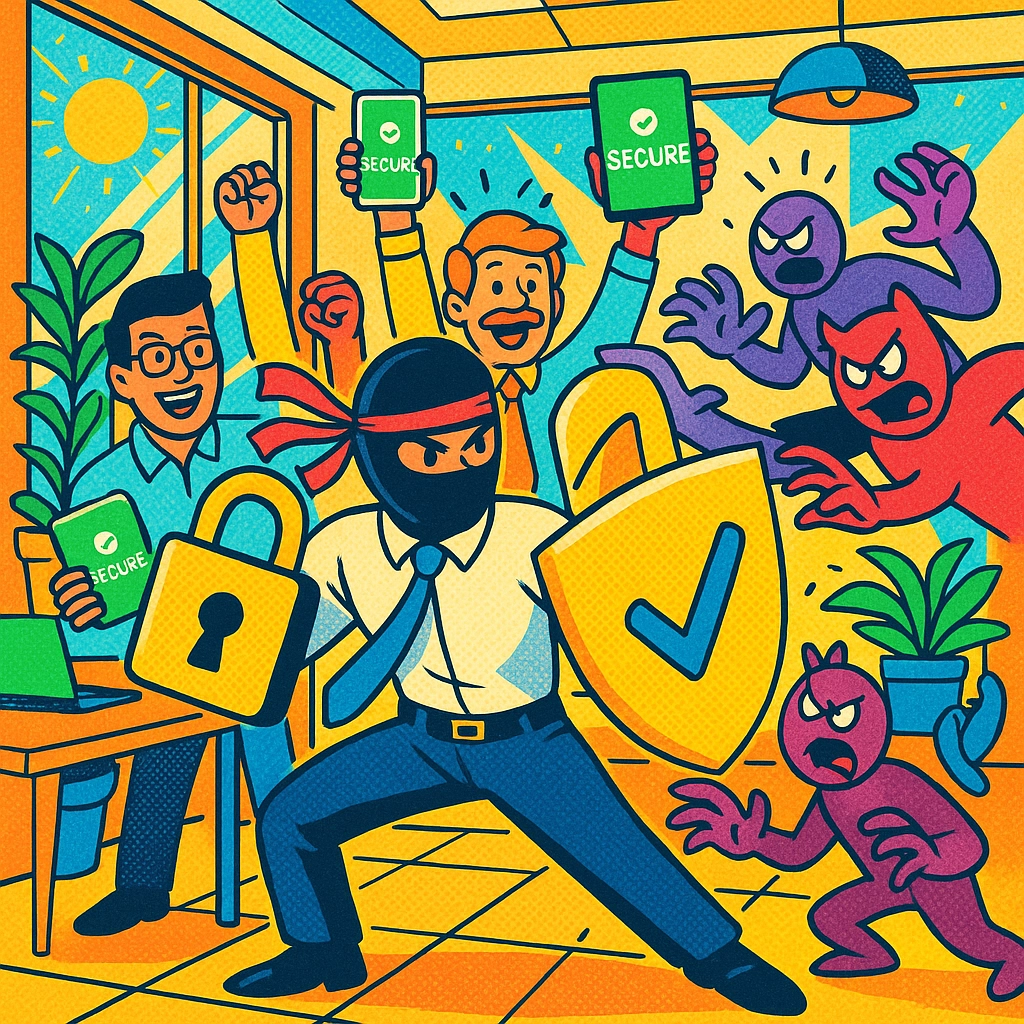
Insure & Ensure
- Don’t wait for disaster: Cyber insurance helps cover costs when (not if) things go sideways
- Make friends with a good lawyer or consultant before you see your name in a headline
Whistle While You Work, But Secure While You Grow
Stop treating headline breaches like faraway drama. What’s happened to WADA, ATP, TrackMan, and Mammut could blindside your business—overnight. The big guys may eventually bounce back. For small to mid-sized businesses? One dumb mistake can put you out of business for good.
Cybercrime isn’t just a tech thing; it’s a business survival thing. Make those lessons count before you become tomorrow’s headline.
Want a partner that gets it, speaks your language, and keeps your business and your clients safe? Learn more about what Your Personal Ninja can do for you at US Tech Support Solutions, LLC.
Stay smart. Stay secure. Stay out of the news (unless it’s for winning, not whining).

